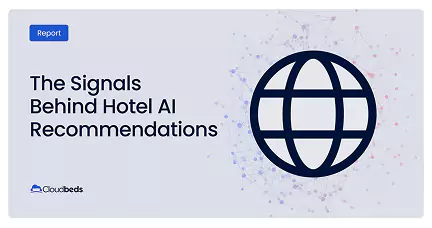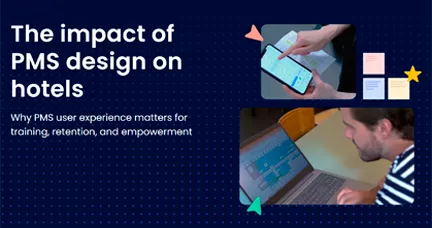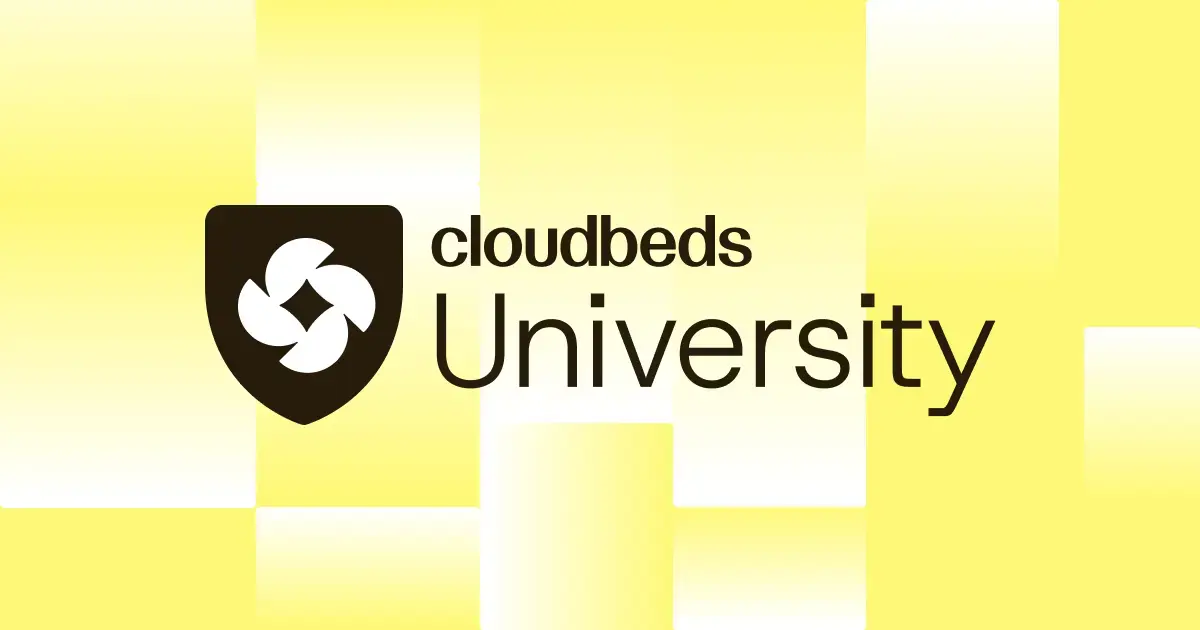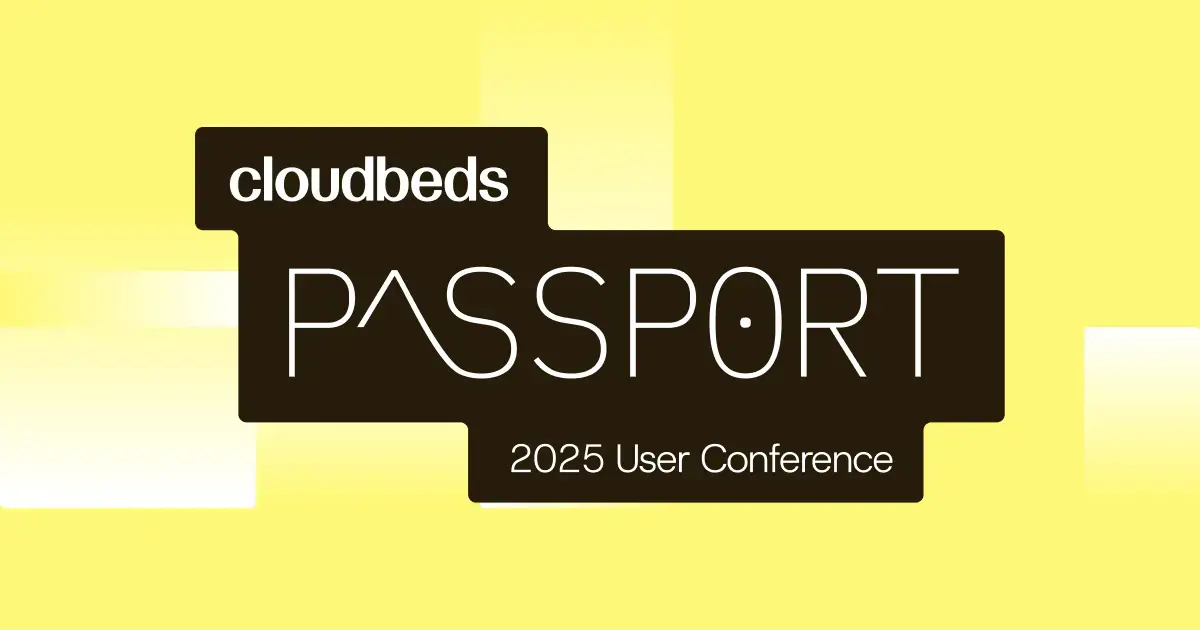
With Google still accounting for the majority of search traffic, traditional SEO remains essential. But a new discipline is also emerging: Generative Engine Optimization.
Key insights and strategies for the new era of travel discovery
OTAs are the top source for AI hotel recommendations
More than half of all citations in the study came from OTAs, reaffirming their central role in AI-driven hotel recommendations. OTAs provide structured, real-time content – including rates, availability, guest reviews, and property descriptions – that generative models use to build accurate responses.
This aligns with broader findings that large language models tend to favor third-party sources over brand websites, likely because of their authority and high traffic volume.
What does this mean for hotels?
OTAs remain a cornerstone of hotel distribution, and their influence may grow further as agentic AI tools streamline trip planning and bookings. Strong OTA visibility is no longer just a tactic for distribution or SEO; it’s also a key driver of GEO performance.
GEO strategies
- Get listed on a mix of global, regional, and niche OTAs, especially those that align with your audience
- Update listings regularly to ensure consistency across platforms
- Keep room descriptions, amenities, pricing, and images consistent and up to date across channels
- Ensure that your property name is the same online to avoid AI treating them as separate entities
AI engines rely on owned websites for details
Hotel websites accounted for 13.6% of all citations, well above the global average of 9% across brands in other industries. Notably, every recommended property in the study had its own official website.
13.6%
of citations were websites
9%
avg. across other industries
In many cases, AI-generated responses appeared to draw directly from these sites, especially when referencing details not readily found elsewhere. This reinforces the value of hotel websites as reliable, up-to-date sources of content.
What does this mean for hotels?
An official website is more than a marketing asset, it’s a trusted reference point for AI platforms. A well-structured, well-maintained site enhances discoverability, builds trust, and helps ensure that key information is accurately reflected in AI responses.
GEO strategies
- Maintain a fast, user-friendly website with an integrated booking engine
- Clearly display current rates, availability, room details, amenities, packages, and policies
- Publish helpful content such as blog posts, travel tips, and local guides
- Use natural, conversational language that mirrors how travelers ask questions
Reputation is a top signal in AI-driven hotel discovery
Online reviews feature natural language and authentic experiences, exactly the kind of rich, unstructured data that AI models are designed to interpret.
Every hotel recommended in the study had a strong online reputation backed by a high volume of positive reviews on Tripadvisor, Google, and major OTAs. This suggests that genAI platforms use guest feedback as a key indicator of quality, consistency, and guest satisfaction.
What does this mean for hotels?
Reputation management is no longer just about influencing travelers – it’s now a trust signal for AI platforms. Properties with higher ratings and consistent guest satisfaction are more likely to be surfaced in genAI results.
GEO strategies
- Encourage satisfied guests to leave reviews on frequently cited platforms
- Respond to reviews in natural, conversational language (to be referenced by AI)
- Monitor and analyze review trends to identify keywords AI & travelers prioritize
- Use review widgets and structured markup on your website to be machine-readable
A diverse digital presence boosts visibility
AI platforms, much like travelers, gather information from a broad range of sources. The study found that nearly all recommended properties were active on YouTube, travel blogs, and Instagram – even when these platforms weren’t directly cited in chatbot responses.
This suggests that third-party sites and user-generated content play a supporting role in shaping how AI models assess credibility and relevance. Endorsements from travel media, influencers, and community platforms like Reddit appear to reinforce a property’s presence in AI-generated answers.
These findings align with a recent study by Ahrefs, which found that YouTube and Reddit were the second and third most cited domains across 78.6 million AI searches.
What does this mean for hotels?
A strong website alone isn’t enough. In GEO, visibility is earned through a network of signals across the web. Properties that maintain a varied, credible digital presence are more likely to be recognized and recommended by AI platforms.
The ultimate E-E-A-T — securing strong listings, cultivating positive reviews, and earning authoritative citations — has long been the counsel of effective SEO consultants. This underscores a crucial shift: the emphasis is now firmly on brand-centric marketing and overall influence, moving beyond the narrow confines of exact-match keyword content.
Get the full list of strategies.
See how to establish a diverse digital presence.
AI visibility favors brands, but authenticity gives independents an edge
The study found that branded properties and groups appeared more frequently in AI-generated hotel recommendations, likely due to their structural advantages, like stronger domain authority and wider distribution that AI models perceive as trustworthy.
Still, independent hotels made up more than a quarter of recommended properties, highlighting that AI platforms also prioritize uniqueness and genuine traveler appeal. These independents often stand out thanks to distinctive positioning, authentic storytelling, and meaningful local connections.
What does this mean for hotels?
While brand affiliation may enhance discoverability, independent properties can compete effectively by focusing on what makes them unique. Their flexibility, storytelling potential, and connection to the local community offer an edge in building visibility and credibility with AI platforms.
Get the full list of strategies.
See how to compete with big brands.



